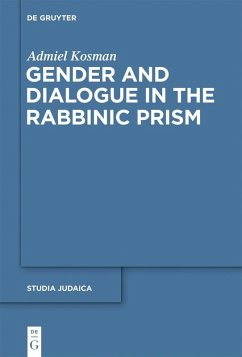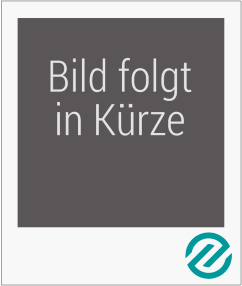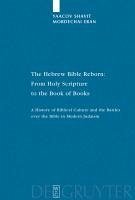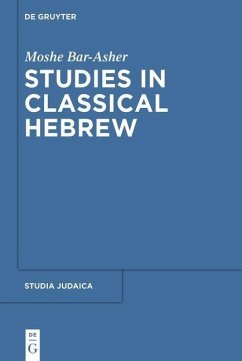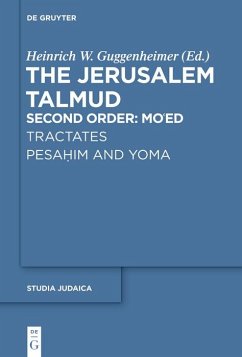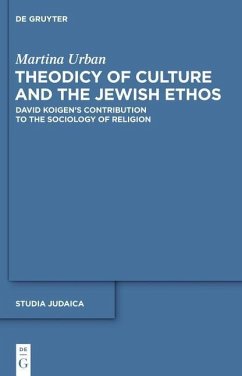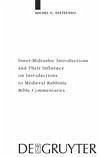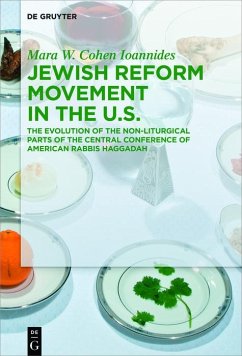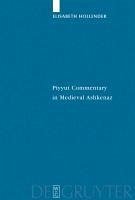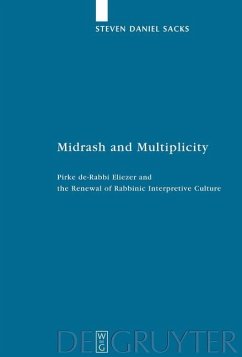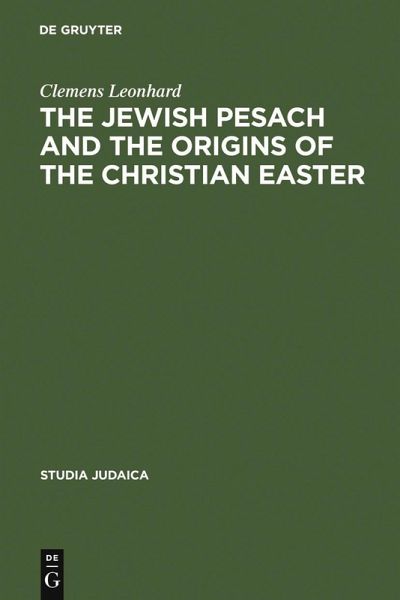
The Jewish Pesach and the Origins of the Christian Easter (eBook, PDF)
Open Questions in Current Research
Versandkostenfrei!
Sofort per Download lieferbar
118,95 €
inkl. MwSt.
Weitere Ausgaben:

PAYBACK Punkte
59 °P sammeln!
The study assesses the main issues in the current debate about the early history of Pesach and Easter and provides new insights into the development of these two festivals. The author argues that the prescriptions of Exodus 12 provide the celebration of the Pesach in Jerusalem with an etiological background in order to connect the pilgrim festival with the story of the Exodus. The thesis that the Christian Easter evolved as a festival against a Jewish form of celebrating Pesach in the second century and that the development of Easter Sunday is dependent upon this custom is endorsed by the au...
The study assesses the main issues in the current debate about the early history of Pesach and Easter and provides new insights into the development of these two festivals. The author argues that the prescriptions of Exodus 12 provide the celebration of the Pesach in Jerusalem with an etiological background in order to connect the pilgrim festival with the story of the Exodus. The thesis that the Christian Easter evolved as a festival against a Jewish form of celebrating Pesach in the second century and that the development of Easter Sunday is dependent upon this custom is endorsed by the author's close study of relevant texts such as the Haggada of Pesach; the "Poem of the four nights" in the Palestinian Targum Tradition; the structure of the Easter vigil.
Dieser Download kann aus rechtlichen Gründen nur mit Rechnungsadresse in A, B, BG, CY, CZ, D, DK, EW, E, FIN, F, GR, HR, H, IRL, I, LT, L, LR, M, NL, PL, P, R, S, SLO, SK ausgeliefert werden.




